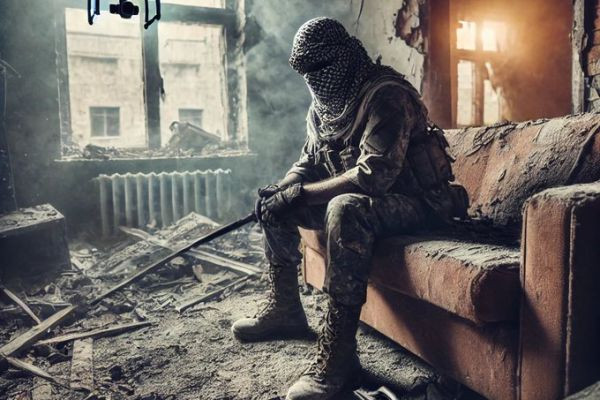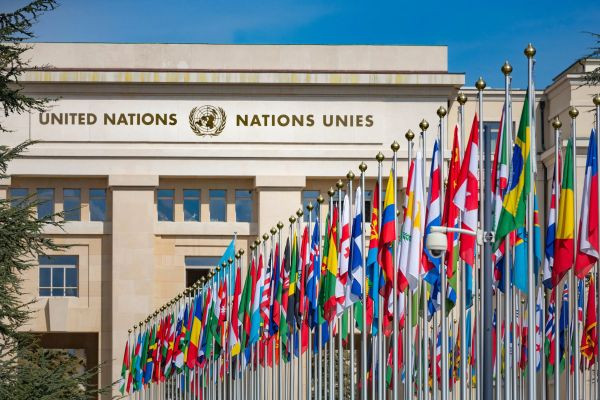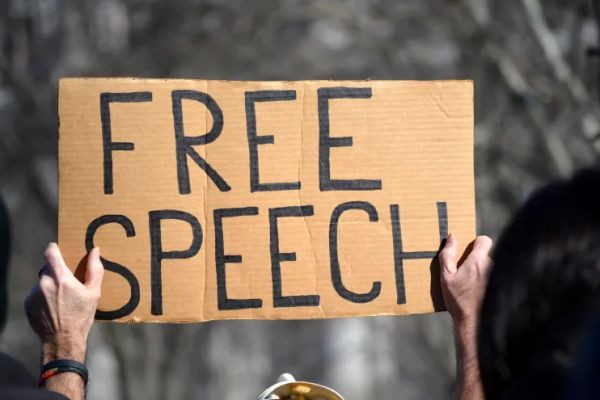The ongoing conflict between Russia and Ukraine has far-reaching implications that extend beyond regional boundaries .......
23/10/24 • 494 Views
Introduction
The ongoing conflict between Russia and Ukraine has far-reaching implications that extend beyond regional boundaries, raising concerns about a potential escalation into World War III. The intricate web of alliances, military strategies, and geopolitical interests could transform the conflict into a global war if not managed carefully.
The Current Landscape
Since Russia's invasion of Ukraine in 2022, NATO and Western nations have provided substantial military support to Ukraine, including advanced weaponry and training. This assistance is aimed at countering Russia's aggression and restoring Ukraine's territorial integrity. However, as Ukraine regains some territory, Russia appears to be adapting its strategies, employing more aggressive military tactics and seeking alliances with countries that share its interests.
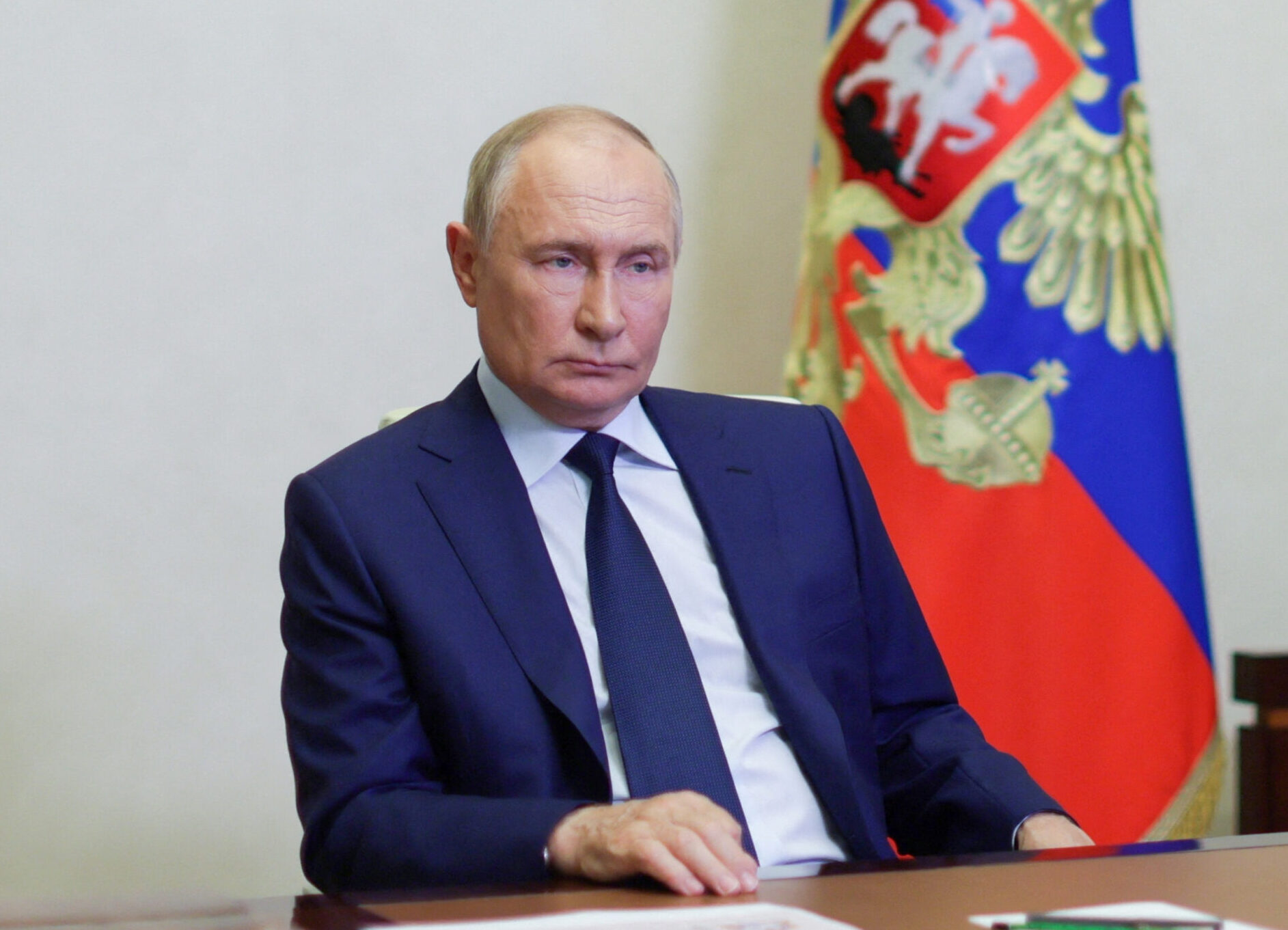
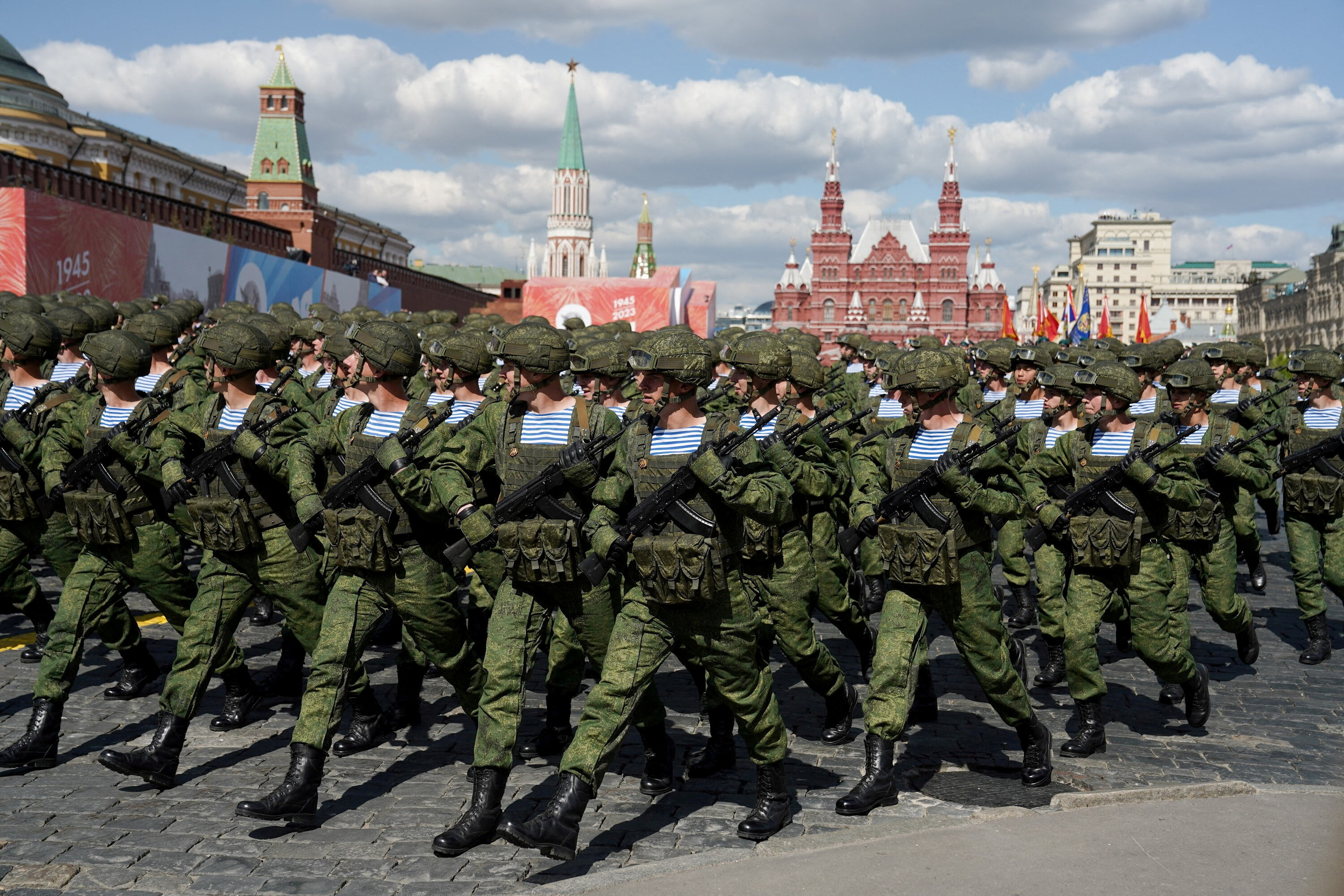
Growing Alliances
Russia has sought closer ties with authoritarian regimes such as North Korea and Iran. North Korea's willingness to provide troops signals a potential shift in military dynamics. Meanwhile, Iran's provision of ballistic missiles enhances Russia's capabilities, complicating the battlefield situation for Ukraine and raising alarms in Western capitals about a more unified front against NATO. This emerging coalition could embolden Russia to escalate its military actions, viewing it as a counterbalance to Western support for Ukraine.
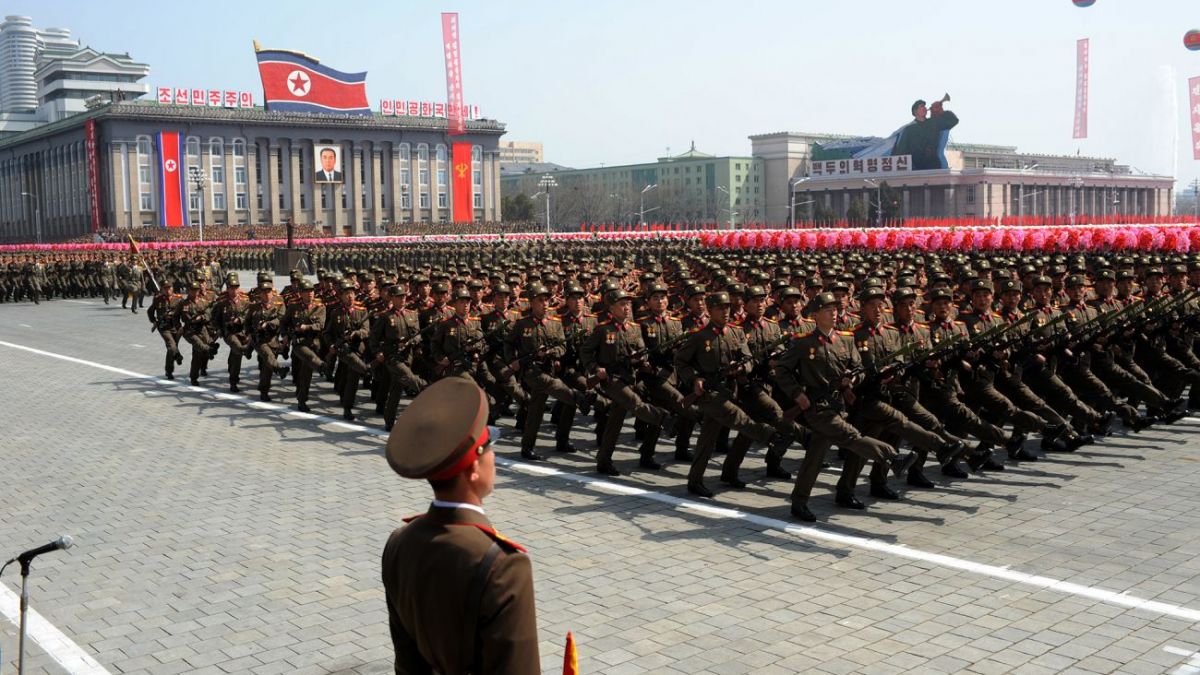
NATO's Response
As Russia continues to strengthen its military alliances, NATO faces a critical dilemma. While it aims to support Ukraine, there is a palpable fear of escalating tensions to a point where direct military confrontation with Russia becomes inevitable. The prospect of NATO forces being drawn into the conflict increases with any decision to provide long-range missiles or other advanced weaponry that could target Russian territory.
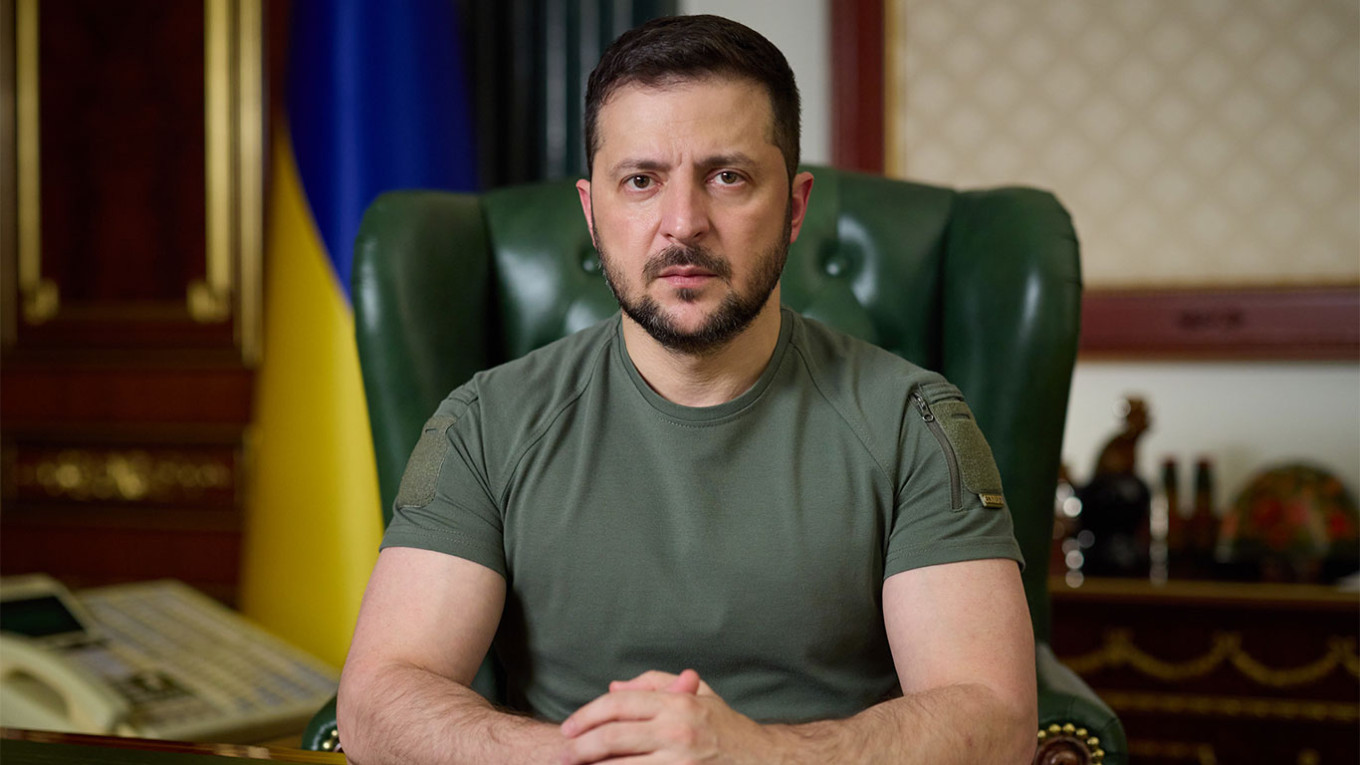
Risks of Miscalculation
The potential for miscalculation is a significant concern. If Ukraine uses advanced weapons to strike targets within Russia, it could provoke a harsh response from Moscow. This retaliation might involve escalatory military actions, including cyberattacks, strikes on NATO member states, or even nuclear threats. Any of these scenarios could lead to a rapid escalation, drawing in NATO countries and resulting in a global conflict.
Global Implications
The conflict's ramifications extend beyond Europe. Countries in the Global South may reevaluate their positions, either siding with Russia due to shared authoritarian values or remaining neutral in hopes of avoiding conflict. This realignment could shift global power dynamics, further complicating international relations and leading to increased tensions between major world powers.
Conclusion
The potential for World War III emerging from the Russia-Ukraine war is contingent on various factors, including military decisions, diplomatic efforts, and the actions of global powers. As the conflict continues, careful management and diplomatic engagement will be crucial in preventing an escalation that could engulf the world in war. Failure to address these issues could lead to a catastrophic global conflict, reshaping international relations for decades to come.





